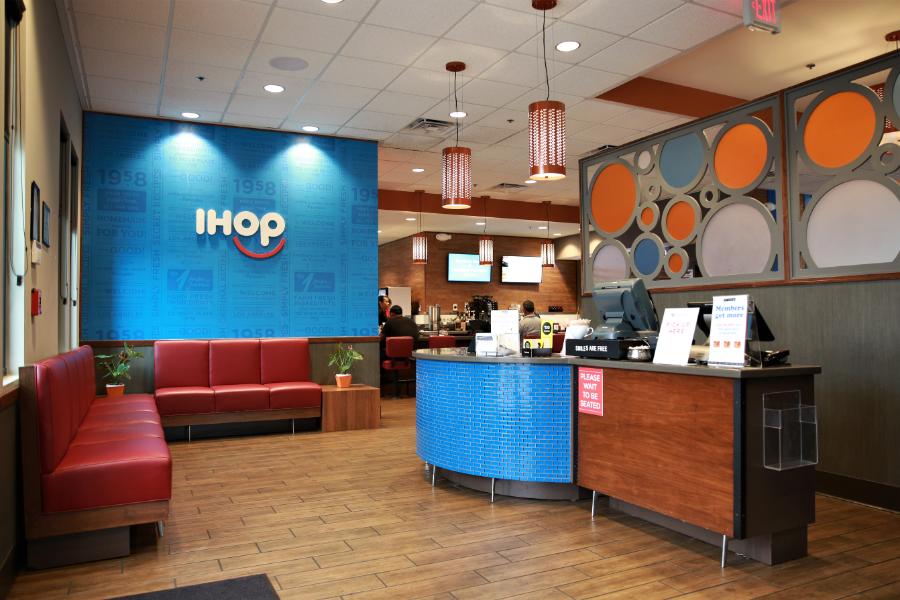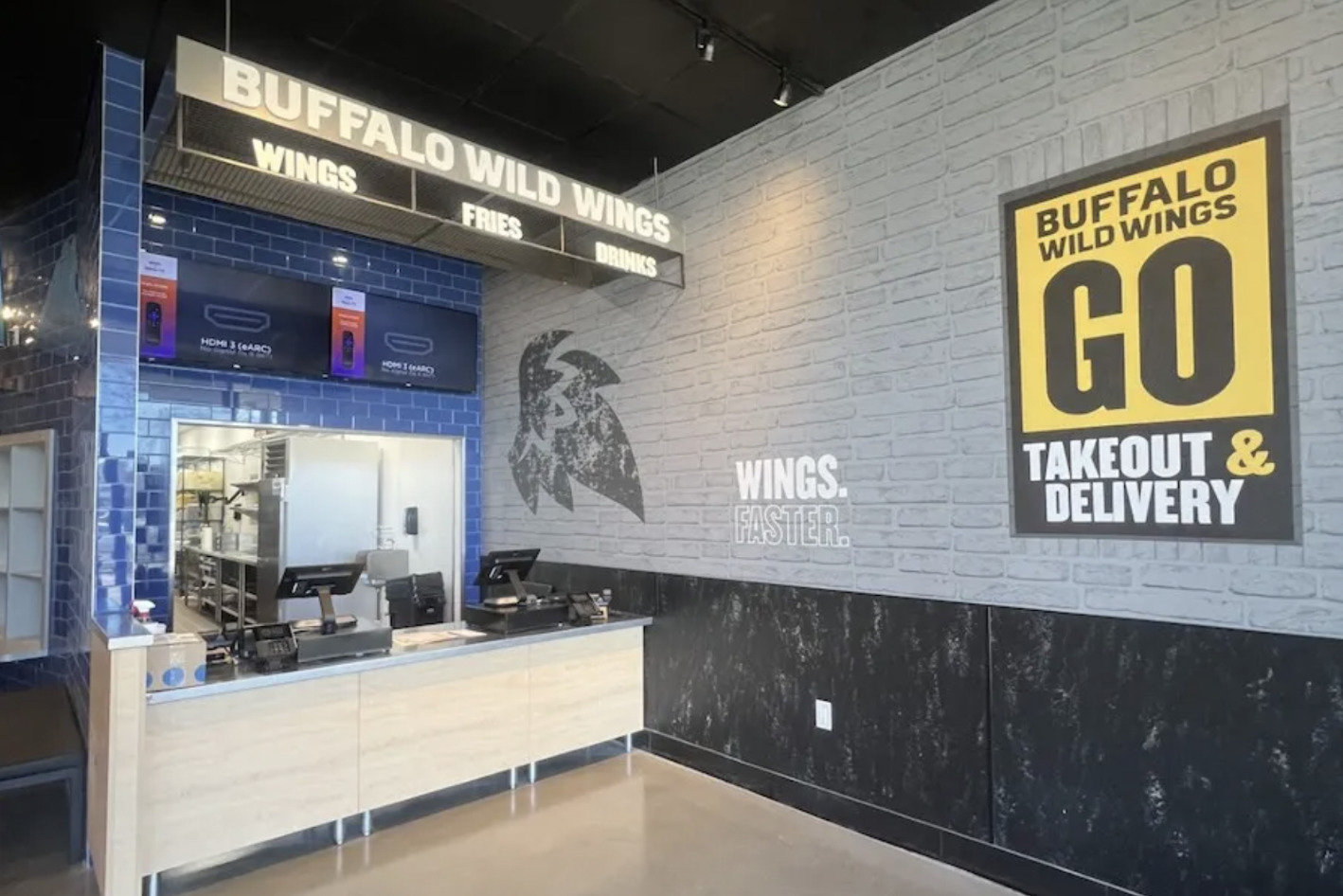
Greater Patchogue coverage is funded in part by New Village at Patchogue, open-concept rental residences with sleek contemporary design. Click here for a tour.
This is a paid message from David Spagnoli, a regional sales manager on Long Island for Solar City, the country’s largest solar installation company. Click here to contact Dave.
You are considering “going green” to benefit the environment and lower your utility bills. Learning all you can before installing a system is the right thing to do.
There are more than a few things to take into consideration, so doing a small amount of homework first will ensure that your path to clean energy is paved with happiness and certainty.
We’d like to share with you some of the misconceptions, choices and decisions that consumers face when considering solar.
Do these things and avoid the most common mistakes you could make.
Join the solar revolution!
There is no better time than now to protect yourself from rising utility costs, while being environmentally conscientious.
Comparison shop for quality and price
Price is important, but the first thing to consider when looking into solar is “Does this company have a good reputation, and will they be around in the future?”
Choosing the right company, one that’s national, stable, and reputable, is of first and foremost importance. You may find someone to put a system up for fewer dollars, but will they be there to back up their product long term?
Learn about solar system warranties
There are generally two types of warranties offered by solar installers. The first one is the panel manufacturer’s warranty, which usually covers the equipment for 20-30 years. This is not the best warranty because it’s not through the company installing the system. If needed, it’s much harder to utilize because of all the red tape.
The second warranty is directly through the company installing, and is usually full service. As a rule of thumb, the bigger the company the better the warranty.
Make sure you know what you’re getting before making your decision.
Know your monthly/yearly energy usage
Growing families will encounter bigger energy needs, but if you have children moving out or going away to college, you can expect your energy usage to go down. You can also reduce energy usage by replacing bulbs and upgrading to energy efficient appliances.
Many companies will convince you to get the biggest system your roof can handle. That’s not always in your best interest. Have your solar installer calculate your system and savings based on your actual needs.
Understand your utility company’s rates
Many utility companies have “tiered” pricing structures for usage, and different formulas used to calculate cost. Higher usage tiers have higher rates. In these cases, you pay more as your energy demands increase.
When you’re utilizing solar, you remove some of the top tiers from your cost formula. This will result in a higher return on investment on an installed system, so consider that in your cost-savings calculations.
You don’t need solar batteries
Don’t worry about batteries, or waiting until your state approves them for usage. If you stay “on the grid” in a populated area, you will continue to get power at night from the local utility. This is usually when the rates are the lowest. More important is the fact that some state’s rebate incentives are void unless your system is tied to the grid.
Don’t buy batteries you don’t need.
Does solar only work on south-facing roofs?
The ideal system works best on a south or southwest facing roof. However, depending on the pitch and shade of your roof, you can have a very effective system installed that faces east or west, or in some cases, even north.
The direction the panels face is not as important as you would think, so always have your solar installer make a site visit for an analysis, because the results will usually surprise you.
What about homeowner’s insurance?
If you purchase your system, you will need to contact your homeowner’s insurance company and have your policy amended. However, if you work with the larger companies and just purchase the energy produced, you will not need to add the system to your policy.
Will panels harm my roof?
The panels will not harm your roof in any way when properly installed. Actually, they protect the areas directly beneath them from the ravages of weather, light and heat. You may even find that the room(s) directly beneath the panel installations will remain cooler in summer and warmer in winter, regardless of the other insulation. Solar panels can save heating and coolings costs when your panels are expertly and properly installed.
Know your installer
Proper home preparation, and choosing the right installer, will go a long way to ensuring a job done right. Generally speaking, the larger national companies use their own installers while smaller “mom and pop” shops occasionally subcontract out the jobs. You always want to check into the company you are using before moving forward.
Should I wait for solar panel technology to improve?
Generally speaking, a solar panel will last 30-35 years or more and lose about 0.5 percent efficiency annually. The panels will be almost as efficient two decades later as they were the day they were installed. If the system produces all the energy you use, you will never need to upgrade. Just make sure the company you use is using the best panels.
This again goes back to picking a national company. If you’re thinking of waiting, do not. The best time to get panels was yesterday.
The sooner you can move to clean energy the better.
Go with the best company over price
Always talk to a few solar companies before you commit to a panel installation. You may find that pricing is similar, so you will have to base your final decision on other things, including reputation.
As with any home improvement specialist, find out the history behind the company, what other states they do business in, and how long they have been installing. If a salesperson is honest and their company reputable, they will have no problem providing you with all the information you need to make a confident decision.
A decision that will encourage you to spread the word and help others “go green.”

























